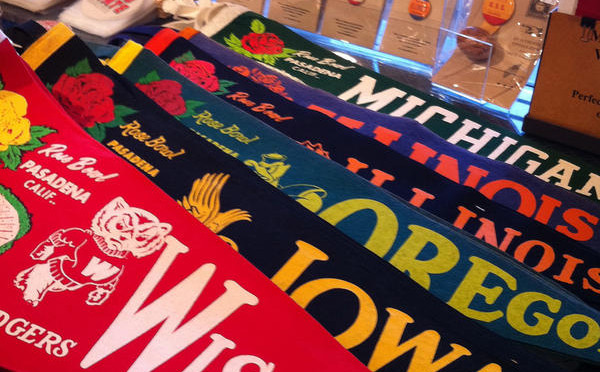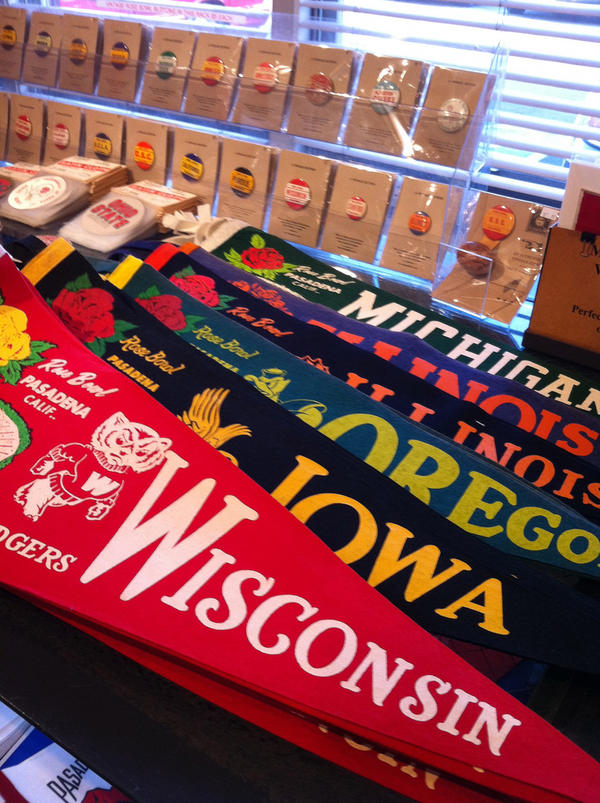When we think of commercials, AXE and Old Spice might come to mind, especially on Superbowl Sunday. However, there is a vast difference in marketing strategies that either grabs the audience’s attention, or leaves them baffled as to what they just witnessed on their television screen. Effective marketing goes beyond just funny commercials. There has to be strong sales numbers that prove the ad was effective, and that the company should continue going in that direction. For years, Old Spice has aired strange commercials to say the least, some of which made little to no sense. In all honesty, who are these deodorant companies marketing to and is one of them making a huge mistake moving forward?
If you’re in your 20’s or 30’s you can probably relate to the AXE commercials in which a young guy puts on the deodorant and a bevy of beauties tackle him or are immediately drawn to him. That’s effective marketing. Every young guy wants some advantage over the rest of the field to get noticed by the girls, and AXE is that answer. Everywhere teens starting using it, and later on AXE moved onto shampoos and conditioners to further reach out to the single men who are looking to become magnets. AXE’s ads completely makes sense and is relevant to the target audience in which they’re marketing to. By establishing that connection with teenagers and early 20 year olds, this is the reason why we see their products in a majority of teenegars’ backpacks.
Old Spice on the other hand was originally seen as the older man’s deodorant, the man that’s seen in barbershops, on the golf course, or driving a Jaguar. Seeing that their target audience was getting older, Old Spice made a complete 180 by marketing to the younger generations, making less sense with their commercials as the years passed. Maybe I’m the one individual that doesn’t get it, but I’m not understanding the lunacy behind the commercials Old Spice has aired over recent years.
Last year’s Superbowl ad, where mothers stalked their sons or were completely saddened because their sons found a girl who replaced them, may not only have been the weirdest commercial, but also was poorly thought up as the teenaged guys should have been the focus in the commercial not the mothers. It’s these errors that can be costly, especially if viewers are creeped out by the commercial more than finding it funny.
Looking back into their past, why was Old Spice a popular brand? Because their ads were relevant to the consumer who would buy the deodorant, the older gentleman.
Being funny only goes so far, converting that laughter and enjoyment of the commercials into sales is the more important aspect. AXE understands this, and having a single guy get tackled by beautiful girls is every guy’s dream. They made that emotional connection to that buyer of the product; those kids wanted that scenario to play out in their lives so they bought the product.
Old Spice on the other hand should look back to their roots and re-think their marketing strategies. Have a specific audience, have the commercials make sense to those who intend on buying the deodorant, and stop marketing to mothers who are heartbroken because their sons are focusing all their attention on their girlfriends.






